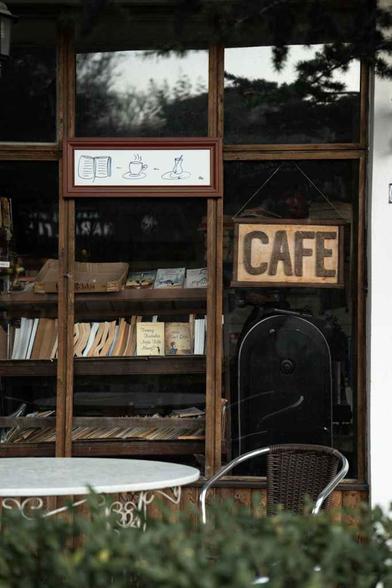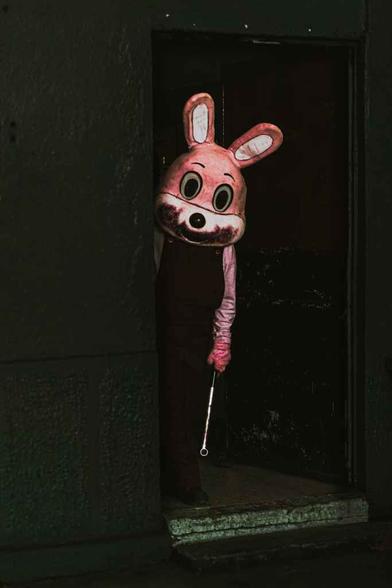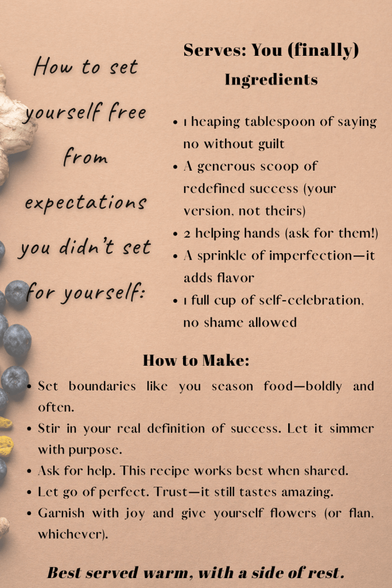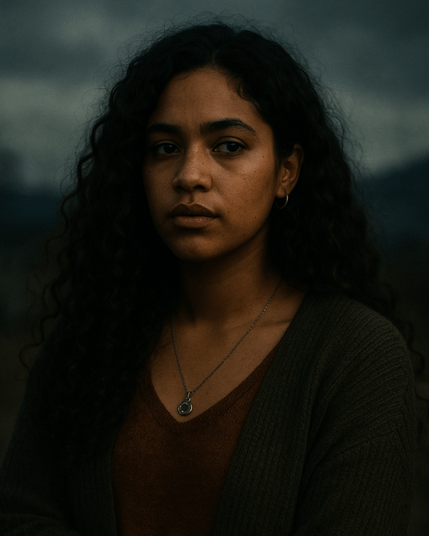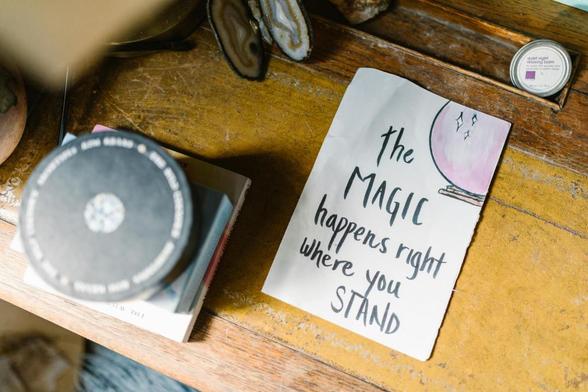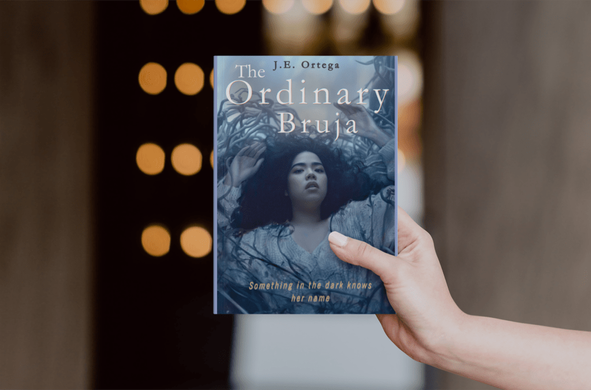Welcome to Café Enchantment—Where the Coffee’s Hot and the Spirits Are Watching
It’s funny how the universe works. I’ve been unwinding at night with The Full Moon Coffee Shop, a story steeped in quiet wisdom, tender reflection, and celestial cats. But by day? I’m neck-deep in the eerie reality of Café Enchantment—the haunting heart of my own book, The Ordinary Bruja.
Let me be clear: Café Enchantment is not your cozy moonlit coffee shop.
It’s where Marisol Espinal begins her story—a place that should feel safe, familiar, grounding. It’s where she sees Kia, the only person who feels like home now that she’s not staying over anymore. The café is Marisol’s normal.
But almost immediately, that normal is corrupted.
Something feels off. The energy shifts. The café that once smelled of cinnamon and old books now feels watched. The creak of a chair. The flicker of a shadow. A sip of coffee that doesn’t quite go down right.
And before you even realize it…
Marisol is no longer safe.
And neither are you, dear reader.
This is the thing about The Ordinary Bruja: the horror doesn’t announce itself with a scream. It creeps. It chills. It whispers. The supernatural forces don’t just haunt Hallowthorn Hill—they seep into Marisol’s everyday. Into her job. Her routines. Her comfort zones. Especially Café Enchantment.
And yet…she keeps going back.
Why? Because Kia’s there. Because sometimes, when the world feels like it’s unraveling, you hold onto what’s familiar even as it slips through your fingers. That’s what Café Enchantment becomes—a reflection of Marisol’s internal chaos. A battleground disguised as a barista bar.
And here’s a little spoiler (shh):
Café Enchantment returns in Book Two.
But trust me—by then, it’ll be even weirder. Even darker. Even more alive.
So if you dare to crack open The Ordinary Bruja, don’t just skim the first chapter. Pay attention.
To the sounds.
To the vibes.
To the feeling that someone is watching—because they are.
Go ahead.
Grab a table.
Order your cafecito.
And see if you make it out.
Preorder it now
The Ordinary Bruja: Book One of Las Cerradoras Series – J.E. Ortega
$4.99 – $23.99When grief pulls Marisol Espinal back to Willowshade, she uncovers a legacy buried in shadows, silence, and ancestral magic. The Ordinary Bruja is a haunting coming-of-age story that blends psychological horror with Dominican folklore and magical realism. For fans of Silvia Moreno-Garcia and Isabel Cañas.
If you love what you read, I’d be honored to hear your thoughts. Please leave a review on your preferred platform and let other readers find the magic in The Ordinary Bruja.
SKU:ORDINARYBRUJAPAPERBACK Category: Books, Books for Adults, Fantasy, Fiction Books, Horror, Literary Fiction, Magical Realism, Women’s Fiction Tags: ancestral magic, atmospheric fiction, books about brujas, dark fantasy, Dominican folklore, haunted inheritance, Isabel Cañas fans, Latine fantasy, magical realism, psychological horror, Silvia Moreno-Garcia fans, spooky reads, supernatural mystery, The Ordinary Bruja, witchy books